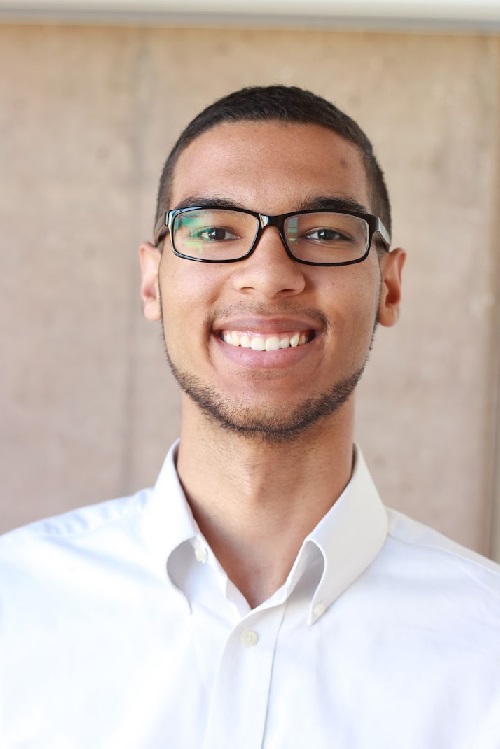Statistics Ph.D. Students Awarded NSF Graduate Research Fellowships
Two statistics Ph.D. students in the Donald Bren School of Information and Computer Sciences (ICS), Olivia Bernstein and Jaylen Lee, have earned Graduate Research Fellowships from the National Science Foundation (NSF). The Graduate Research Fellowship Program (GRFP) provides a three-year annual stipend of $34,000 in addition to paying $12,000 to the university to cover the recipient’s tuition and fees.
“This is a highly competitive fellowship, and a great achievement for them, our department and our school,” says Daniel L. Gillen, professor and chair of the Department of Statistics, noting that of the 2,050 fellowships awarded in 2019, only 13 went to students specializing in statistics.

Olivia Bernstein is working to develop prediction assessment methods that account for the difference between a biased sample and the target population, leading to better predictions. “Prediction models assume the training data used to build the model are representative of the target population,” she explains, but this isn’t always the case. For example, she points out that clinical trials tend to enroll a higher proportion of white participants compared to the population proportion, while telephone surveys underrepresent younger groups because they are less likely to own a landline. “Models trained on biased samples will exhibit lower predictive performance (at best) and bias (at worst) if the difference between the training sample and target population is not accounted for.” Furthermore, she aims to use her methods in modeling the onset of Alzheimer’s disease and identifying early biomarkers.
“I was really surprised and excited when I found I received the fellowship,” says Bernstein. “I was actually at a trivia night with my adviser, Dan Gillen, and classmates when I got the email, so it was fun to get to celebrate together!”

Jaylen Lee was also surprised to learn of his fellowship. The Virginia native received the email as he was watching the end of the NCAA championship game. “I saw the news right as Virginia won! I was so excited I had to call my mom immediately,” he says, noting that it was midnight where she lives. “She still celebrated with me… it was a great moment!”
Lee is interested in using functional MRI (fMRI) data to model the conditional dependence between different regions of the brain. “Essentially, I want to look at the network of how different regions of the brain talk to each other in a dynamic way,” he says. “Ultimately I want to see how this network changes when performing tasks and between people of different populations.”
Neither Bernstein nor Lee have decided whether they want to go into industry or academia after earning their Ph.D. As Lee jokes, “I’ll figure out what I want to do when I grow up one day!”
Either way, as members of the GRFP, their future looks bright. As highlighted on the program website, “the GRFP has a long history of selecting recipients who achieve high levels of success in their future academic and professional careers.”
— Shani Murray